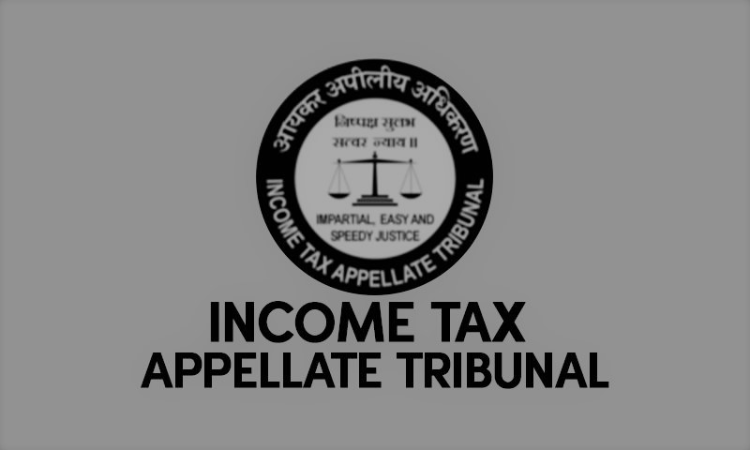Long-Term Capital Gain Can’t Be Claimed Without Owning Flats for At Least 3 years: ITAT
Mariya Paliwala
27 Oct 2023 1:30 PM IST

Next Story
27 Oct 2023 1:30 PM IST
The Hyderabad Bench of Income Tax Appellate Tribunal (ITAT) has held that long-term capital gain cannot be claimed without owning flats for at least 3 years.The bench of R.K. Panda (Vice President) and Laliet Kumar (Judicial Member) has observed that PCIT is fully justified in invoking the provisions of Section 263 of the Income Tax Act as the assessee without holding the seven flats for a...
